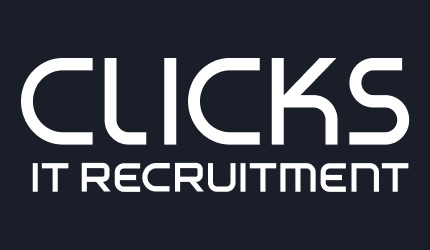Sometimes half the battle with finding work is knowing where the opportunities are. The way I’ve found out about each job I’ve worked in has been different. Some of the job boards I’ve used previously are no longer around and I only started to use LinkedIn halfway through my career.
If you want to take your job search process to the next level, check out the below to get ahead of the competition!
Job Boards
Consider the current economic climate when determining where to look for work. As a result of COVID-19, many employers are exercising their options to list their positions on free or lower cost job boards such as Indeed, Adzuna and Job Search. If you haven’t already, you may like to take a look at these to see what you may be missing out on.
Everyone knows how Seek works, but Indeed is a newer entrant to the market. Indeed is more like Google than Seek, in that it is a search engine, but just for jobs. This means that you’ll see a few paid listings first, and the rest of the results are organic. So it may be worth spending a few extra minutes scrolling past the page one results (gasp!) to find some hidden gems!
Personal posts on LinkedIn are often used to share job opportunities. You would have seen these posts by recruiters yourself. They typically start with “Looking for…Wanting to connect with…Opportunities available for…”.
What you may not know is recruiters and hiring managers often post a comment about the opportunity before advertising the position. The benefits of responding to these LinkedIn posts is you can get in before the flood of applications. Even if you are directed to an application process, you’ve stood out by making a connection directly with the recruiter or hiring manager.
So how do you ensure you don’t miss out on these updates? Determine which companies you’d like to work for and if they are likely to hire in the current climate. Read business updates from the website, look at the Careers pages, and follow the key personnel on LinkedIn to inform yourself.
Do the same piece of work with recruitment agencies. Find out which ones regularly work in your desired area, or recruit for your desired employers.
Once you’ve identified the relevant recruiters, you can either send them an invitation to connect or follow them if you prefer. Following someone on LinkedIn still allows you to see the person’s posts and articles on your homepage without being connected to them.
Recruitment Agencies
Most organisations partner with recruitment agencies for anywhere from all of their hiring needs, to specialist roles or certain departments. So it’s important to be networked with the right recruiters.
In addition to listing opportunities from multiple organisations, recruitment agencies often have access to upcoming roles that never get advertised. Think of them in the same way as off-market property sales.
So it’s important that you are on the agency’s database. Take the list of agencies that you compiled when deciding who to follow on LinkedIn, and reach out to register yourself as a job seeker with them.
Over the long-term, keeping in 6-monthly contact with the group of recruiters whom you know may be able to help your job hunting efforts next time you’re on the market is a great idea, especially in this talent-rich market.
Clicks has a number of resources available to help include CV templates and interview tips.
If you are on the market for your next IT opportunity, take a look at our job board to see all of our current vacancies. You can also register with Clicks via the Job Seekers page on our website. We also have a fantastic referral program that can earn you $500 for every great person you send our way. Find out more here.









